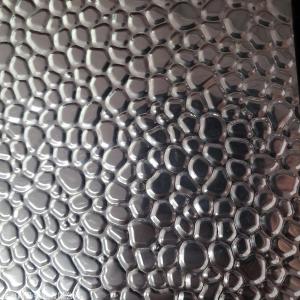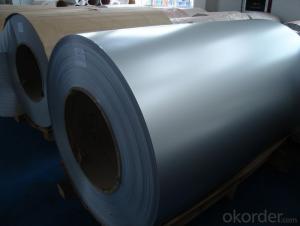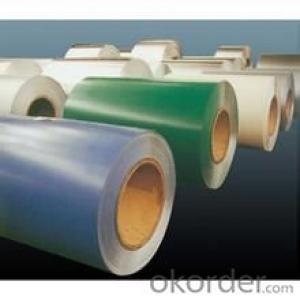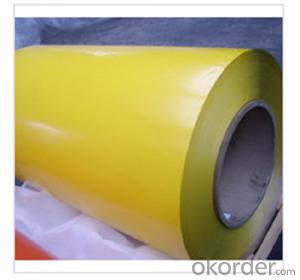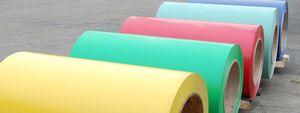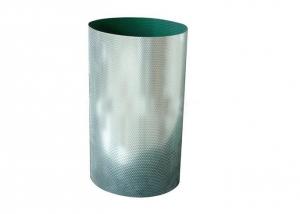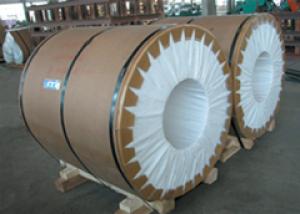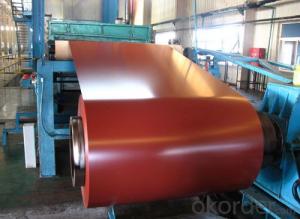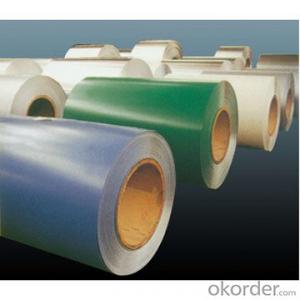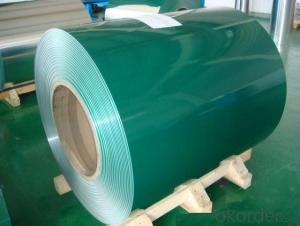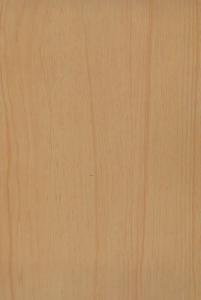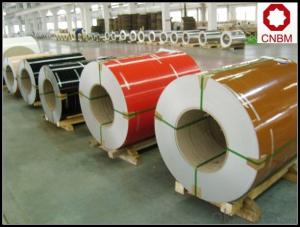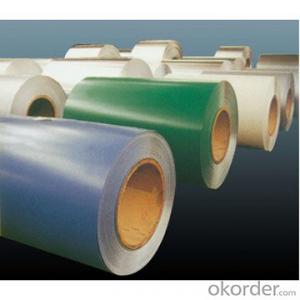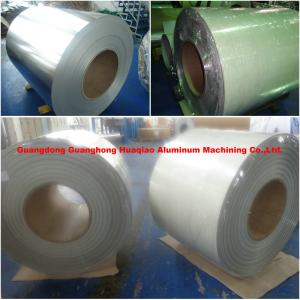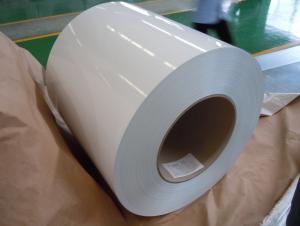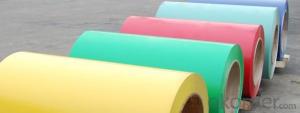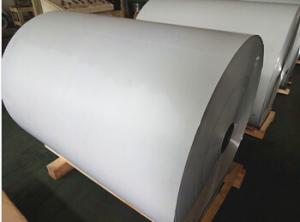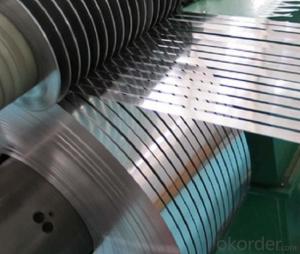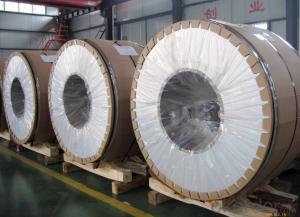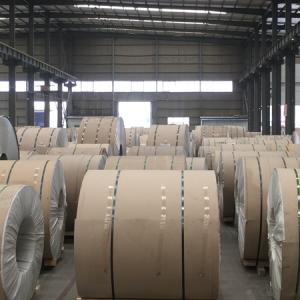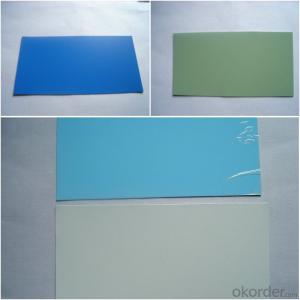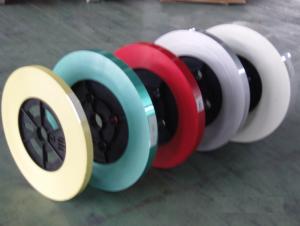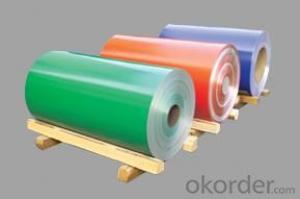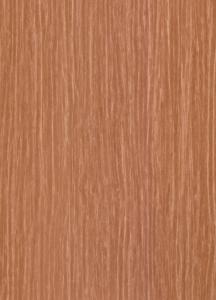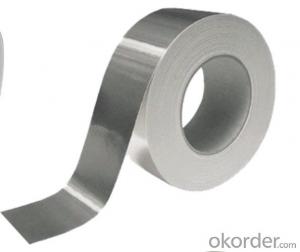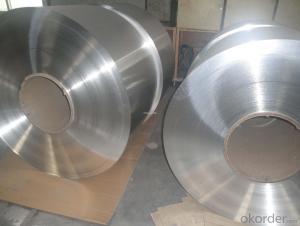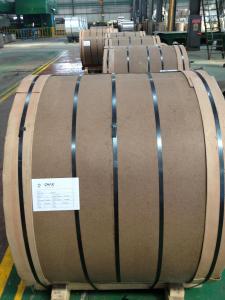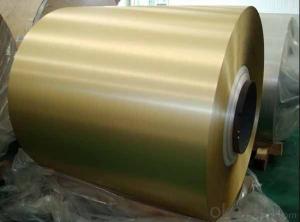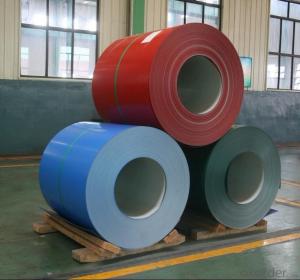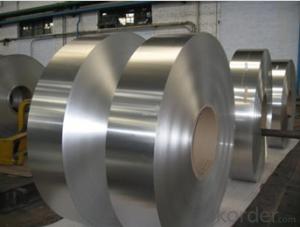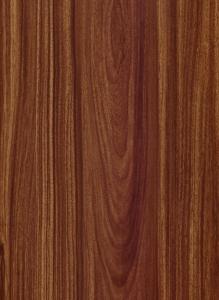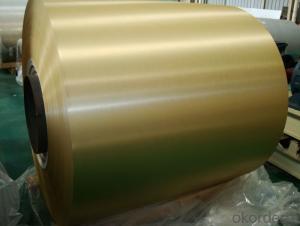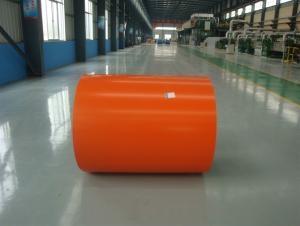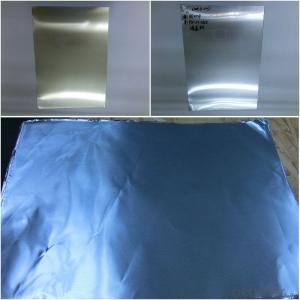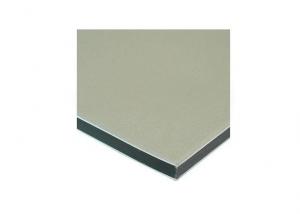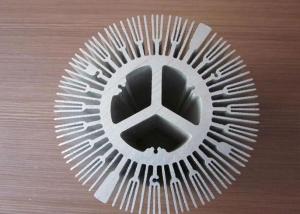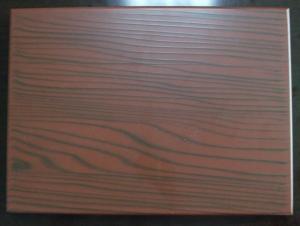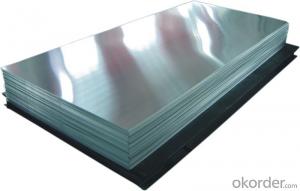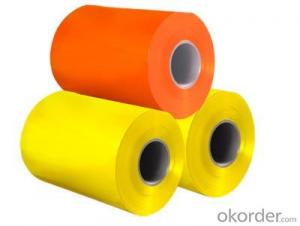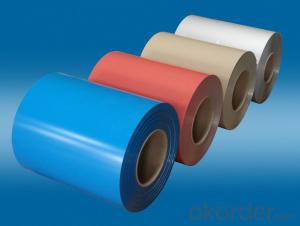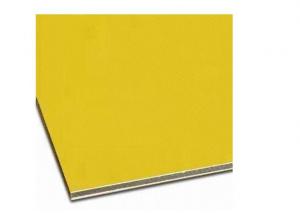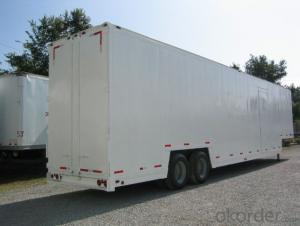Brushed Aluminum Coil
Brushed Aluminum Coil Related Searches
Polished Aluminum Coil Brushed Aluminum Coil Suppliers Brushed Aluminum Foil Brazing Aluminum Coil Anodized Aluminum Coil Embossed Aluminum Coil Prefinished Aluminum Coil Colored Aluminum Coil Textured Aluminum Coil Color Coated Aluminum Coil Brazing Aluminum Condenser Coil Brushed Aluminum Circle Circle Brushed Aluminum Prepainted Aluminum Coil Powder Coated Aluminum Coil Painted Aluminum Trim Coil Aluminum Condenser Coil Brushed Aluminum Plate Aluminum Alloy Coil Mastic Aluminum Coil Aluminum Tubing Coil Vinyl Coated Aluminum Coil Copper Colored Aluminum Coil Copper Aluminum Coil Wholesale Painted Aluminum Coil Coil Coated Aluminum White Aluminum Coil Aluminum Copper Coil Colored Aluminum Trim Coil Coil AluminumBrushed Aluminum Coil Supplier & Manufacturer from China
Brushed Aluminum Coil is a popular metal material known for its sleek appearance and durability. This product is made from high-quality aluminum and undergoes a specialized brushing process to achieve its distinctive finish. The brushed surface not only adds an aesthetic appeal but also offers improved resistance to corrosion and wear.Brushed Aluminum Coil finds its applications in a wide range of industries, including construction, automotive, and interior design. It is commonly used for manufacturing decorative panels, facades, and architectural elements due to its modern look and strength. Additionally, it is utilized in the automotive sector for creating body panels and trims, as well as in various interior design projects to create a sleek and contemporary ambiance.
Okorder.com is a reputable wholesale supplier of Brushed Aluminum Coil, boasting a large inventory to cater to the diverse needs of clients across different sectors. With a commitment to quality and customer satisfaction, Okorder.com ensures that the Brushed Aluminum Coil they provide meets the highest industry standards.
Hot Products
